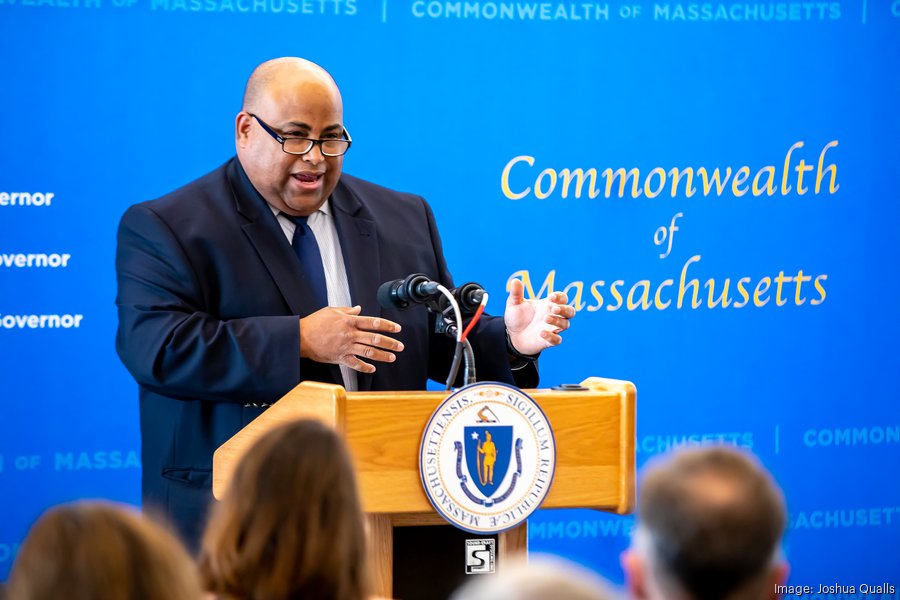In 1878, Horatio Homer became Boston's first black police officer.
It took 136 years after that for William Gross to become Boston's first African-American superintendent in chief. And the historic appointment had a lot to do with gross's connection to the community.
Presenting to organizations like the Home for Little Wanderers is one way Gross stays engaged with neighborhood partners, but when Gross was a boy in Maryland, it was very rare for him to see a black police officer.
At 12, Gross' family moved to Boston amid the police clashes and racial tensions of forced school busing. But still, Gross held strong to his dream career of law enforcement.
In 1983, Gross got his foot in the door as a police cadet, part of an apprenticeship program meant to diversify the Boston Police Department.
Once he was hired full-time, not everyone was welcoming.
"I ran into individuals that had their opinions," said Gross. "Said many things about many different ethnicities. But I was taught by mother, grandmother, ask the question why. 'Why do you feel that way?' Sometimes it would make me angry, but trust me, one way or another, we were going to have that discussion about why certain things were said."
Massachusetts
The latest news from around the state
Still, Gross' easy-going personality attracted both black and white mentors from inside the department. Soon, he rose through the ranks, making a big impact the in gang unit.
In 2014, Gross' dedication was rewarded. He was named the second highest-ranking leader in the police department by new Mayor Marty Walsh and Gross' longtime friend, Commissioner William Evans.
A test of Gross' leadership came during the recent Black Lives Matter marches.
"I was very proud of the individuals that protested peacefully," he said. "Especially the individuals from the neighborhoods of color. Because there were many people that thought, 'Hey, it's going to be just like Ferguson - looting, stealing.' I said 'No, not like Boston. Our partnerships are too strong."
Chief Gross remains focused on what he calls the most effective crime prevention - community policing.



